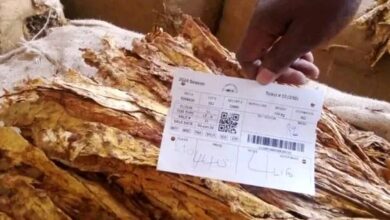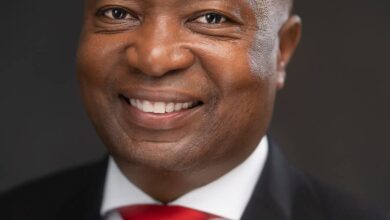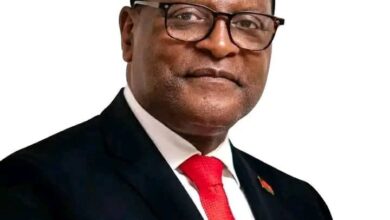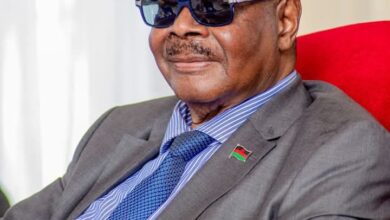Columns
The unsettling developments in Malawi’s political landscape: A podcast controversy involving MCP and DPP
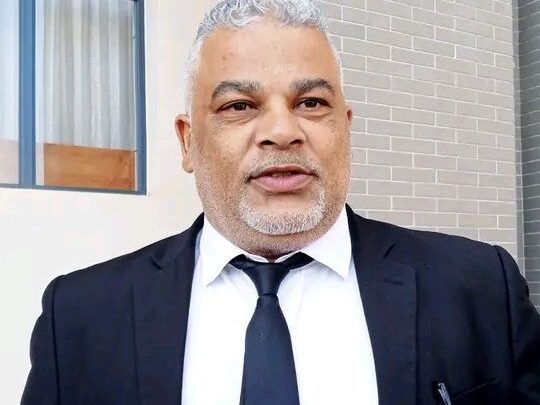
By Burnett Munthali
It has come as a surprise to many, especially those familiar with the operations of both the Malawi Congress Party (MCP) and the Democratic Progressive Party (DPP), to learn that high-ranking members of the MCP have reportedly instructed police officers to arrest the esteemed Sameer Suleman following his appearance on a podcast hosted by the DPP. This program, which aired last week, has sparked controversy, especially given the sensitive political climate in Malawi.
Suleman, a well-known figure within the DPP, shared his experiences and concerns on the podcast, particularly around his safety following an unsettling incident in the northern part of the country. He narrated an alarming encounter that took place when a well-known political figure, Mr. Kenneth Ndovi, was followed by an unmarked vehicle. Suleman explained that the vehicle, which they believed was following Ndovi, trailed them from the city of Mzuzu to Chikangawa, and all the way to Jenda. Upon arriving at Jenda, the vehicle blocked them, and two men stepped out, signaling for Ndovi’s vehicle to stop.
After briefly interacting with the men, they inquired if they were indeed speaking to Sameer Suleman, to which the response was unclear. They immediately left, but not before instilling fear among the group. Suleman’s security team, fearing for their lives, contacted Mr. Daud Suleman, who advised them to report the matter immediately to the police.

In an interesting turn of events, this incident has sparked further debate about the involvement of high-ranking MCP officials in directing the actions of the police. It is widely known that Chimwendo, the Secretary-General of MCP, holds a crucial role in ensuring the safety of members, particularly those in opposition. However, there are growing concerns about whether such actions may hint at the MCP’s intent to escalate their control over political opposition through fear and intimidation.
The role of Baba Malondera, a prominent MCP youth leader, is also under scrutiny. His involvement in organizing youth activities and his potential links to the controversial actions in recent weeks could shed light on the underlying tensions. The political climate in Malawi has seen many protest actions and clashes between parties, especially in the wake of the 1993 referendum that ended single-party rule and established multi-party democracy. With such a backdrop, it raises the question of whether MCP is reverting to old tactics to suppress opposition parties, particularly in light of the incidents involving youth groups.
The question now stands: Are the actions of the MCP signaling a return to a one-party dictatorship under the guise of multi-party democracy? Many Malawians are concerned that the party may be using state resources, such as police powers, to intimidate opposition members and undermine the democratic process. The events of the past few days have reignited fears of authoritarian practices in the country.
As we approach the final months before the 2025 elections, it is crucial to reflect on whether the values of democracy and fairness that Malawians fought for in the 1993 referendum are being respected. Will the MCP continue to use fear tactics to silence dissent, or will the country’s leaders stand firm in ensuring the protection of political freedom for all? Time will tell, but one thing is certain: the political landscape in Malawi is once again at a crossroads.



